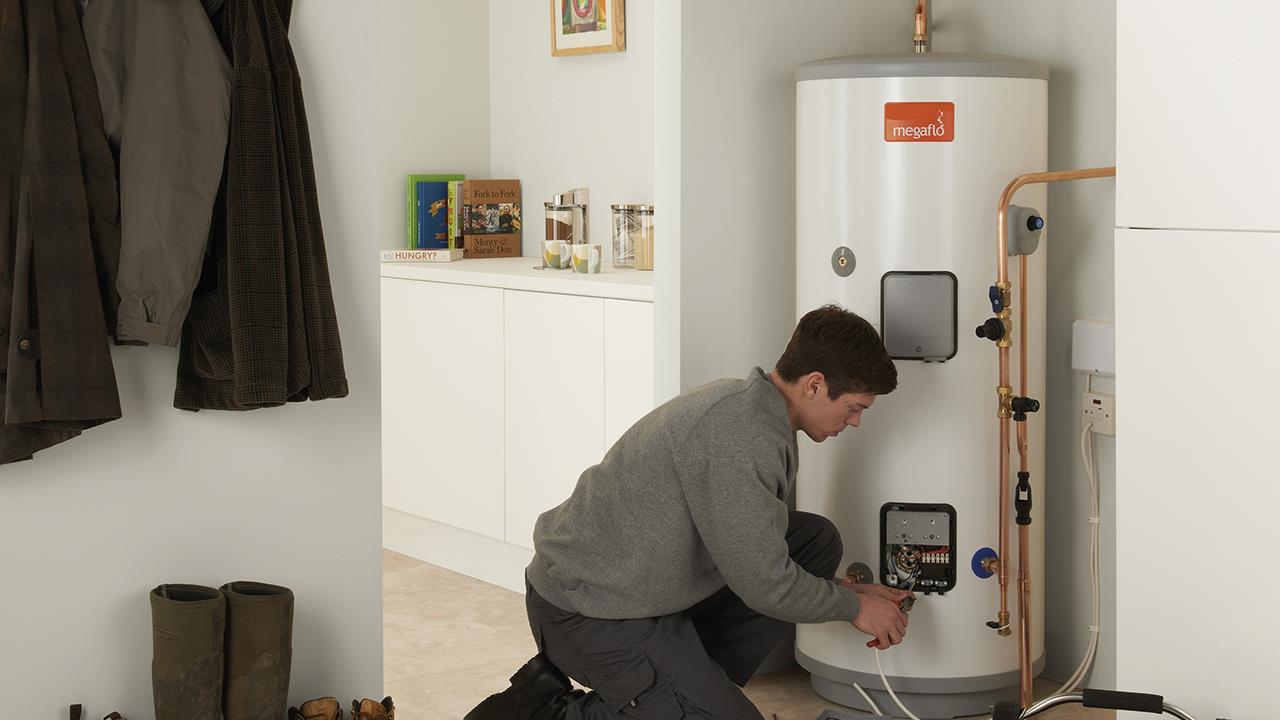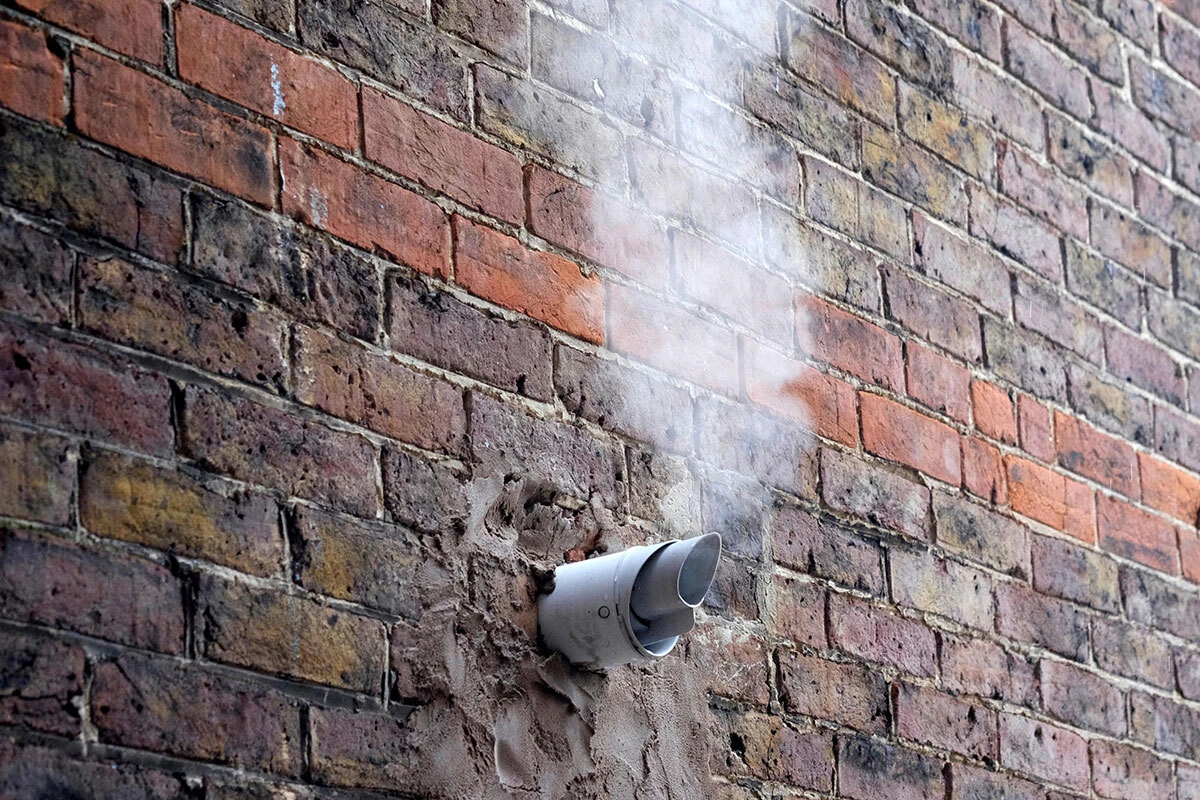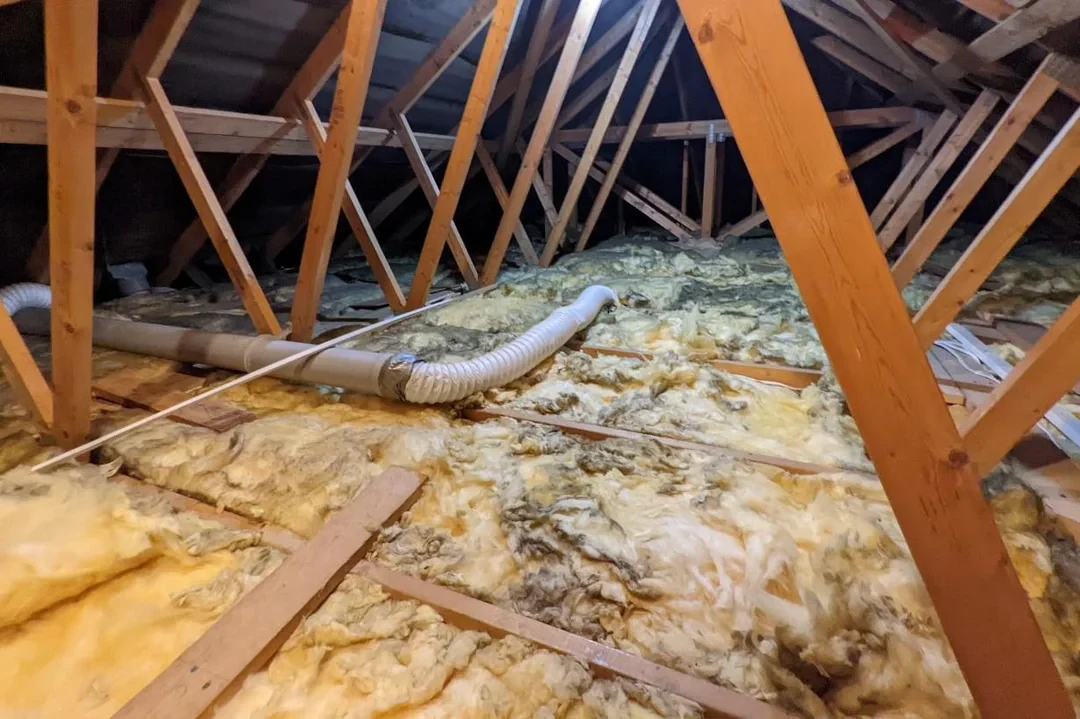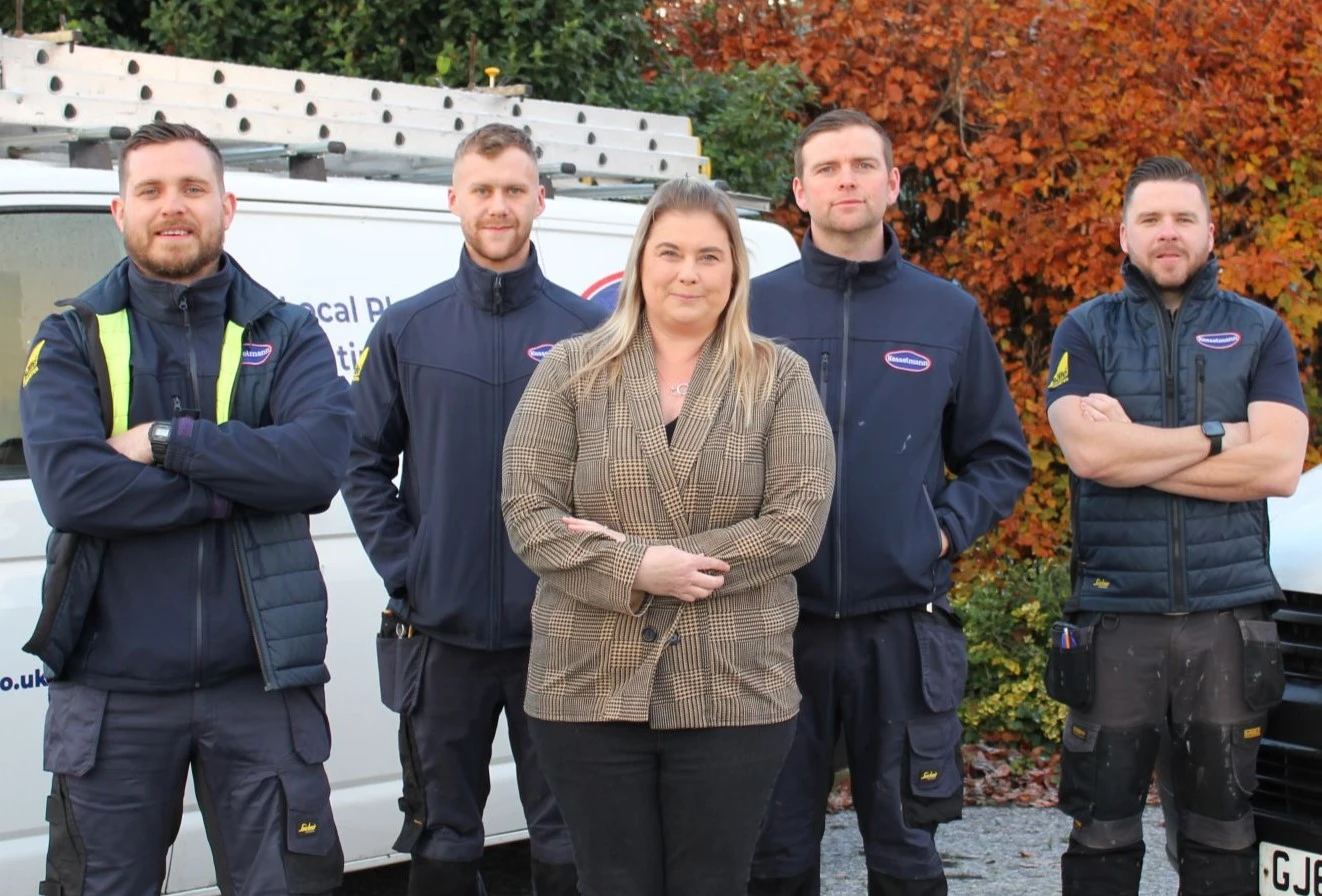19/01/2025

When it comes to ensuring plenty of hot water for your household needs, unvented cylinders are one of the most efficient and popular solutions available. However, picking the right size and type for your home is crucial to maximise efficiency, save on energy bills, and ensure your family’s comfort.
This guide will walk you through the key factors to consider when choosing the right unvented cylinder for your property. By the end, you'll feel ready to make an informed decision that suits your home's requirements.
What is an Unvented Cylinder?
Before we get into sizing, it's important to understand what an unvented cylinder is and how it functions. An unvented cylinder is a type of water heater that doesn’t rely on a cold water storage tank. Instead, it’s directly connected to your mains water supply, delivering hot water under pressure to taps, showers, and other outlets.
This design not only ensures steady pressure but also provides a range of other benefits:
Space-saving: With no storage tank needed, it's ideal for homes with limited loft or storage space.
Improved water flow: Higher water pressure ensures performance even when multiple outlets are used at once.
Energy efficiency: Many unvented cylinders are designed to retain heat for longer periods, reducing energy consumption.
When it comes to water heating, one size does not fit all. Choosing the wrong size cylinder could leave you struggling with inconsistent hot water or wasted energy. Let's ensure that doesn’t happen.
Key Factors to Consider When Selecting an Unvented Cylinder
To choose the right unvented cylinder for your home, there are a few critical aspects to consider. These include household size, hot water demand, storage space, and the type of system that suits your needs.
1. Household Size and Usage
Your unvented cylinder should align with the number of people in your household and their daily water usage. Larger families or homes with multiple bathrooms tend to have higher hot water demands, while smaller households require fewer litres.
General guidelines for capacity based on household size:
1–2 people: A smaller cylinder, around 120–150 litres, should provide sufficient hot water.
3–4 people: Opt for a medium-sized cylinder, ideally between 180–210 litres.
5+ people or homes with high usage (e.g., regular baths): Look at larger options, ranging from 250–300 litres or more.
2. Hot Water Usage Patterns
Consider your household's daily habits:
Do multiple showers run simultaneously? You’ll need a larger cylinder to maintain consistent performance.
Do you frequently use baths? Baths typically consume more hot water than showers, so adjust capacity requirements accordingly.
Do you have appliances that use hot water, like dishwashers or washing machines? These may add to your daily water demand.
3. Available Storage Space
Unvented cylinders are sleek and efficient, but they still require adequate storage space. Measure the area where the cylinder will be placed to ensure it’s compatible. Popular placements include airing cupboards, utility rooms, or even basements.
Modern cylinders come in various sizes and shapes (including slimline models), making it easier to accommodate tight spaces without compromising on capacity.
4. Energy Efficiency and Insulation
Look for cylinders with high-quality insulation to minimise heat loss and save on energy bills. Many modern models come with enhanced insulation, such as foam layers or built-in jackets, keeping the water hotter for longer.
Additionally, ensure that your chosen unvented cylinder is compliant with UK energy regulations. Products bearing recognised certifications, such as WRAS (Water Regulations Advisory Scheme) approval, are reliable indicators of quality and compliance.
5. Type of Heat Source
Unvented cylinders can be heated in several ways:
Direct cylinders rely on immersion heaters and are suitable for homes without a central heating system.
Indirect cylinders use water heated by your gas or oil boiler, making them an efficient choice for properties with existing central heating.
Solar-compatible cylinders are designed to integrate with renewable energy systems, such as solar thermal panels. These are ideal for reducing your carbon footprint and lowering long-term energy costs.
Consult your installer to determine which type is best suited to your home's heating system.
Common Mistakes to Avoid
When selecting an unvented cylinder, there are a few pitfalls you’ll want to sidestep. These include:
Choosing too small a cylinder – This can result in running out of hot water during peak usage. Always err on the side of caution and consider future changes in usage (e.g., adding an extra bathroom).
Ignoring warranty and service options – Opt for a manufacturer or supplier that offers a strong warranty and after-sales support for peace of mind.
Overlooking professional installation – Each unvented cylinder must be installed by a certified professional, such as a G3-qualified engineer, as regulated by UK standards.
Selecting the right unvented cylinder is not a one-time decision—it’s a long-term investment in your home’s comfort and efficiency.
Top Benefits of Installing the Right-Sized Unvented Cylinder
By investing the time to choose the correct unvented cylinder for your home, you'll enjoy a range of benefits:
Reliable Hot Water Supply: Always have enough water for showers, baths, and household appliances.
Energy Savings: Higher efficiency means lower energy consumption, saving you money on utility bills.
Space Optimisation: Modern designs make it easier to maximise storage space without compromising function.
Enhanced Home Comfort: No more interruptions during peak water usage times—experience smooth water flow, even with multiple outlets in use.
Investing in the right size unvented cylinder can pay off in both immediate comfort and long-term savings.
Make an Expert Decision Today
Choosing the right unvented cylinder for your home may feel like a daunting task, but breaking it down into logical steps makes it manageable. Assess your current and future needs, hot water usage, and the type of heating system available. Be sure to consider factors like space, energy efficiency, and reputable installations.
If you’re still unsure, it’s always a good idea to consult a reliable heating engineer. At [Your Company Name], our G3-certified professionals are ready to guide you through every step of the process—from selection to installation.
Contact us today to discuss your options, or browse our range of top-rated unvented cylinders online.
Together, we’ll make sure your home stays warm, efficient, and worry-free.
Other related guides:
Can an Unvented Cylinder Be Installed in a Loft Space?
Do You Need to Get Your Unvented Cylinder Serviced?
Why Is My Unvented Cylinder Losing Pressure?













